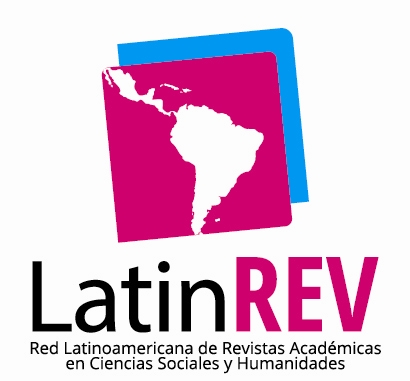THE EPISTEMIC-ONTOLOGICAL DISTINCTION IN DESCARTES’ SUBSTANCE THEORY
DOI:
https://doi.org/10.33975/disuq.vol2n1.112Keywords:
thinking substance, extended substance, existence, clear and distinct ideas, epistemological, ontologicalAbstract
The intention of this paper is to show how Descartes understands the concept of "substance" and how his use of this concept necessarily implies the actual existence of a substrate in which qualities are sustained. This is done in order to try to answer the question: Is it possible to separate the Cartesian theory of substance in a gnoseological level on the one hand, and in an ontological level, on the other hand? In a second step, we will try to develop briefly the epistemic-ontological distinction from the real distinction between substances. Besides, it will be shown how this distinction is not possible to find a support for the excision of the problem in the above categories. Finally we will show that for purposes of study of Cartesian philosophy, it is possible to make this division, but from the very heart of the system this is impossible, this thesis is based on Descartes’ concept of substance.















